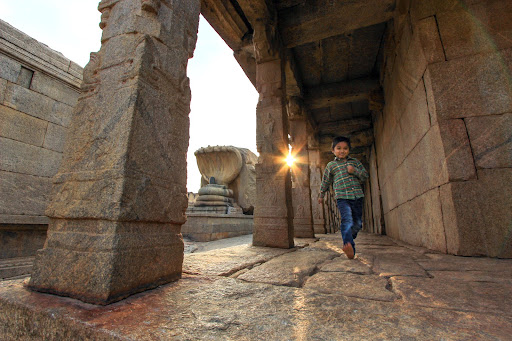Lepakshi temple hanging pillar is an architectural wonder located in India. Prepare to be amazed as we explore the fascinating history, unique features, and cultural significance of this mesmerizing structure.
Unveiling the Enigma: lepakshi temple hanging pillar
The Lepakshi Temple, situated in the state of Andhra Pradesh, India, is renowned for its exquisite architectural craftsmanship. Among its many awe-inspiring features, the Hanging Pillar stands out as a testament to the skill and ingenuity of ancient Indian artisans. This architectural marvel has captured the imagination of visitors for centuries and continues to leave them spellbound with its intriguing characteristic.
The Defying Law of Gravity of lepakshi temple hanging pillar
One of the most remarkable aspects of the Hanging Pillar is its ability to defy the laws of physics. Unlike the other pillars in the temple, this particular pillar does not fully touch the ground. Astonishingly, it remains suspended in the air, leaving a noticeable gap between its base and the temple floor. This gravity-defying feat has intrigued researchers, architects, and visitors alike, sparking numerous theories and speculation.
Architectural Ingenuity and Engineering Brilliance of lepakshi temple hanging pillar
The lepakshi temple hanging pillar is a testament to the ingenious engineering techniques employed by the artisans of the Vijayanagara Empire, who constructed the Lepakshi Temple during the 16th century.
The pillar showcases their advanced knowledge of balance, symmetry, and structural stability. Crafted from a monolithic granite block, the pillar exemplifies the mastery of ancient Indian architects.
Read More
floating pillar temple in india
hanging pillar temple in tamilnadu





Comments